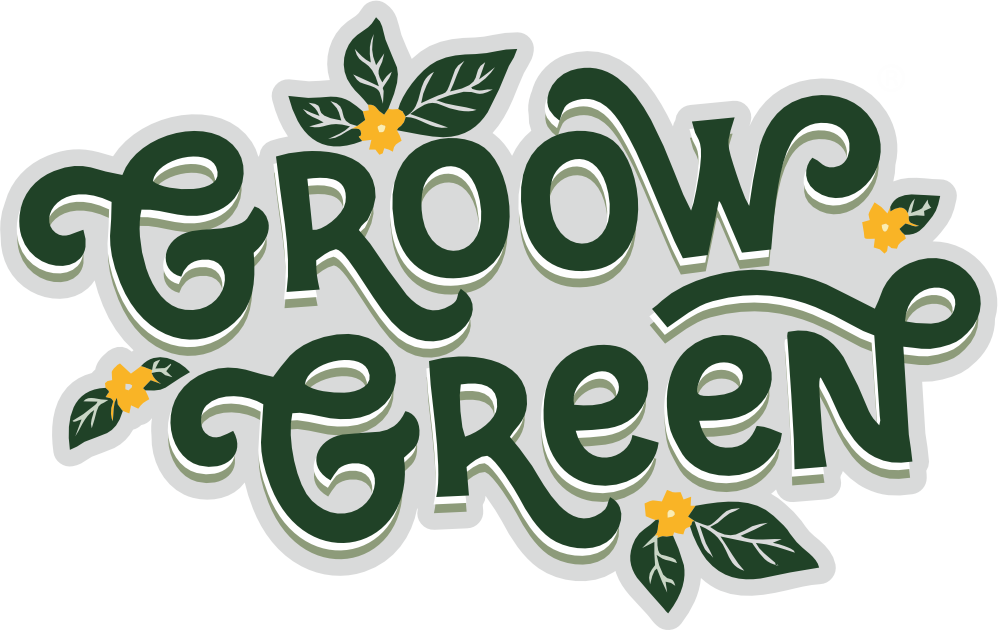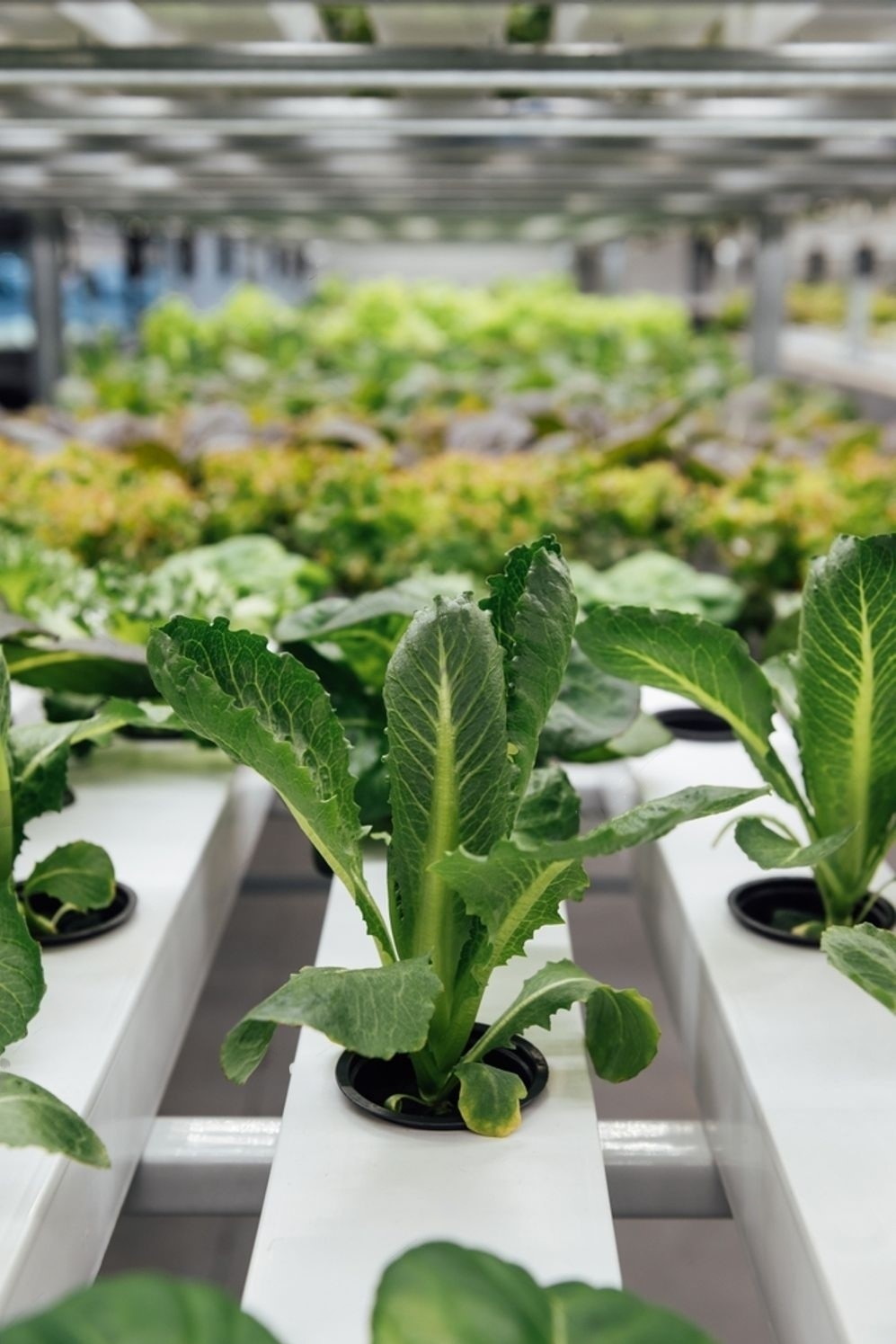Introduction
In the quest for sustainable agriculture and horticulture, finding the right growing medium is crucial. While peat moss has long been a staple in gardening, its environmental impact and limited availability highlight the need for alternatives. Coco coir peat, also known as coir peat, derived from the fibrous husks of coconut shells, emerges as an eco-friendly and versatile solution with several advantages over peat moss.
What is Coco Coir Peat?
Coco coir peat is a byproduct of the coconut industry, produced from the fine particles left after processing coconut husks. Coconuts grow year-round and can be harvested every two months, making coco coir peat a renewable and sustainable resource. It is known for its excellent water retention, aeration, and slow decomposition rate, making it an ideal growing medium.
Advantages of Coco Coir Peat Over Peat Moss
- Longevity: Coco coir peat decomposes more slowly than peat moss, providing a longer-lasting presence in soil systems and reducing the frequency of replacement.
- Weed-Free Assurance: Being sterile and free of weed seeds, coco coir peat creates a weed-free environment that promotes healthy plant growth.
- pH Balance: Coco coir peat has a neutral pH range of 5.8 to 6.8, unlike the acidic pH of peat moss (3.5 to 4.5). This neutrality eliminates the need for lime application to balance soil pH, simplifying soil management.
- Soil Enhancement: Coco coir peat improves soil properties by enhancing air porosity, even in wet conditions, and boosting moisture retention. This facilitates better nutrient uptake and root development.
- Eco-Friendly: As a natural byproduct, coco coir peat promotes environmental sustainability with minimal impact compared to peat moss, contributing to a greener environment.
- Rehydration Ease: Coco coir peat rehydrates easily, allowing for quicker plant recovery from dry conditions and reducing water consumption by minimizing irrigation requirements.
Why Use Coco Coir Peat Over Peat Moss?
Coco coir peat offers several practical benefits, making it an excellent choice for various gardening and agricultural applications:
- Rehydrating: Coco coir peat is often sold in dehydrated bricks or blocks. To use it, place the brick/block in a large container and add water. Allow it to absorb water for several hours or overnight until it expands and becomes fluffy.
- Mixing with Soil: Coco coir peat can be mixed with soil to improve its texture, water retention, and aeration. Blend it thoroughly with soil in a ratio of 1 part coco coir peat to 2-3 parts soil. This mixture is suitable for planting in containers, raised beds, or directly in the ground.
- Seed Starting: Coco coir peat is an excellent medium for starting seeds. Fill seedling trays or pots with moistened coco coir peat and sow seeds according to the recommended depth. Its fluffy texture supports good root growth, and its moisture-retentive properties maintain consistent moisture levels for seed germination.
- Container Gardening: For container gardening, you can use pure coco coir peat or a mixture of coco coir peat, compost, and perlite/vermiculite for better drainage. Plant your desired plants directly into containers filled with this mixture.
- Mulching: Coco coir peat can be used as mulch around plants to help retain soil moisture, suppress weeds, and regulate soil temperature. Spread a layer of moistened coco coir peat around the base of plants, leaving some space around the stem to prevent rot.
- Hydroponics and Aquaponics: Coco coir peat is also suitable for use in hydroponic and aquaponic systems. Its ability to retain moisture while providing good aeration makes it ideal for growing various hydroponic crops.
- Soil Amendment: In addition to improving soil structure, coco coir peat enriches the soil with organic matter as it decomposes over time. Regularly incorporating coco coir peat into garden beds can enhance soil fertility and promote healthy plant growth.
Conclusion
Coco coir peat presents a professionally endorsed, environmentally responsible alternative to peat moss, offering a range of benefits that support sustainable agriculture and horticulture practices. Its ability to improve soil properties, retain moisture, and promote healthy plant growth makes it a valuable tool for gardeners and farmers alike. By choosing coco coir peat, you contribute to a more sustainable and eco-friendly approach to gardening and agriculture, ensuring a greener future for our planet.


